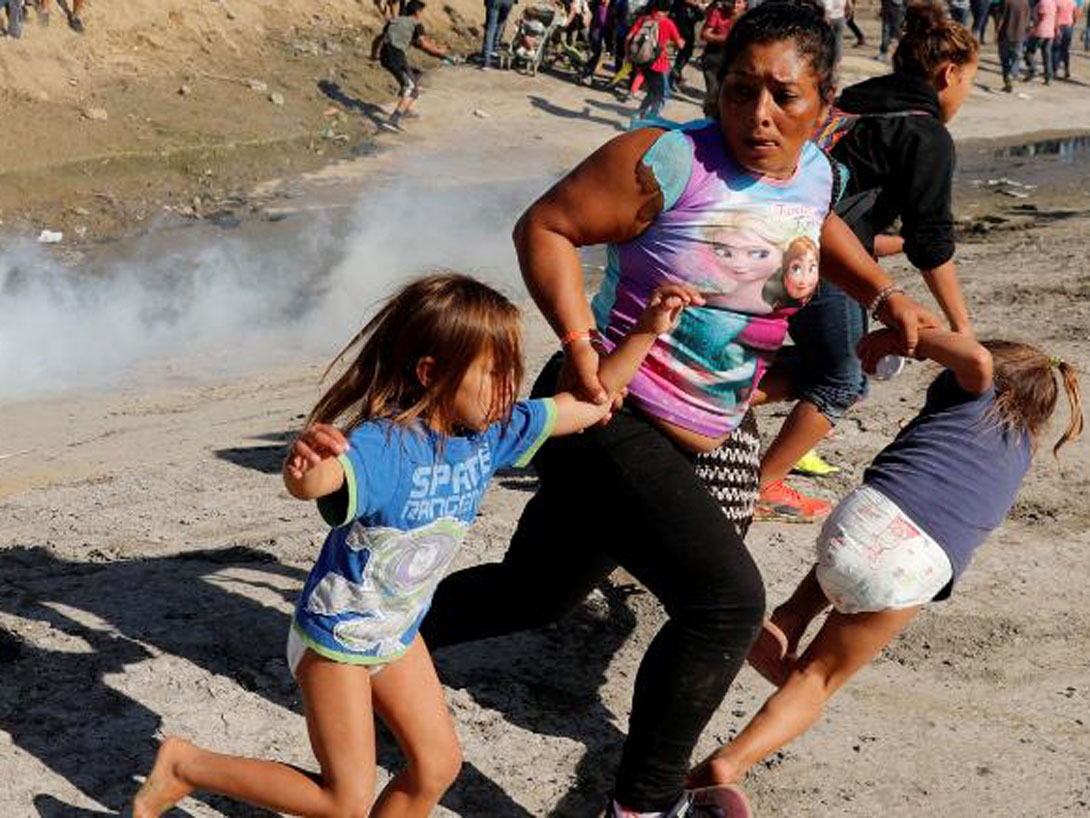Fate of humanity weighing heavy on ministerial shoulders at UN Climate Change Conference
Government Ministers gathering in Poland will need extreme courage and conviction to make life-saving decisions if humanity is to be saved from the worst impacts of climate change, Oxfam and CARE International said.
Despite it forming the key scientific input to this year’s UN Climate Change Conference, COP24, a handful of countries blocked inclusion of the report by the Intergovernmental Panel on Climate Change (IPCC), leaving it to ministers to ensure the report is put back into the heart of conference outcomes.
Sven Harmeling, CARE’s Global Policy Lead on Climate Change and Resilience, said: “The landmark science report on 1.5°C has shown that we need immediate action to reduce emissions now, not in the future. This week, we expect ministers to no longer hide behind the inaction of the United States and Saudi Arabia, to no longer stay silent, but to speak up for both agreed rules on implementing the Paris Agreement and enhanced national action plans. This is essential to lead us towards roughly halving emissions by 2030 compared to today.”
Kristen Hite, Oxfam Climate Change Policy Lead, said: “It’s unacceptable that despite the clear findings of the IPCC governments are still refusing to see the writing on the wall … There is real energy and leadership amongst from states, but how many more people need to die from drought-induced hunger or thirst before everyone agrees to limit global warming? How many more communities should burn, or drown?”
Oxfam and CARE are also calling on governments to agree on strict accounting rules which ensure that only dedicated funding for real climate action gets counted towards the $100 billion per year which developing countries have been promised.
[CARE/Oxfam]

